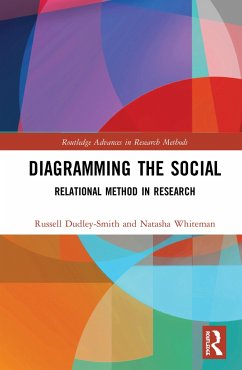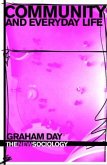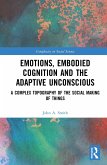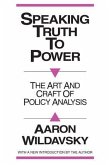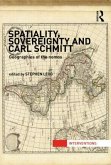This book challenges the hyper-production and proliferation of concepts in modern social research. It presents a distinctive methodological response to this tendency through an exploration of one of the most underappreciated yet widely deployed conventions for the analysis of social processes: the creation of diagrammatic relational spaces. Designed to capture social processes in a way that resists reductive and essentialist categories, such spaces have the capacity to produce powerful, systematic analyses that break the spell of concept proliferation and its resultant naively realist approach to explaining the world. Through an exploration of key examples and series of original case studies, the authors demonstrate the application of this approach across a variety of empirical settings and academic disciplines. They thus offer a relational and pragmatic approach to social research that resists current trends characterised by supposedly self-evident data and/or disconnected theory. As such, the book constitutes an important contribution to some of the central questions in current social research, and promises to unsettle and reinvigorate considerations of method across different fields of practice.
Bitte wählen Sie Ihr Anliegen aus.
Rechnungen
Retourenschein anfordern
Bestellstatus
Storno

